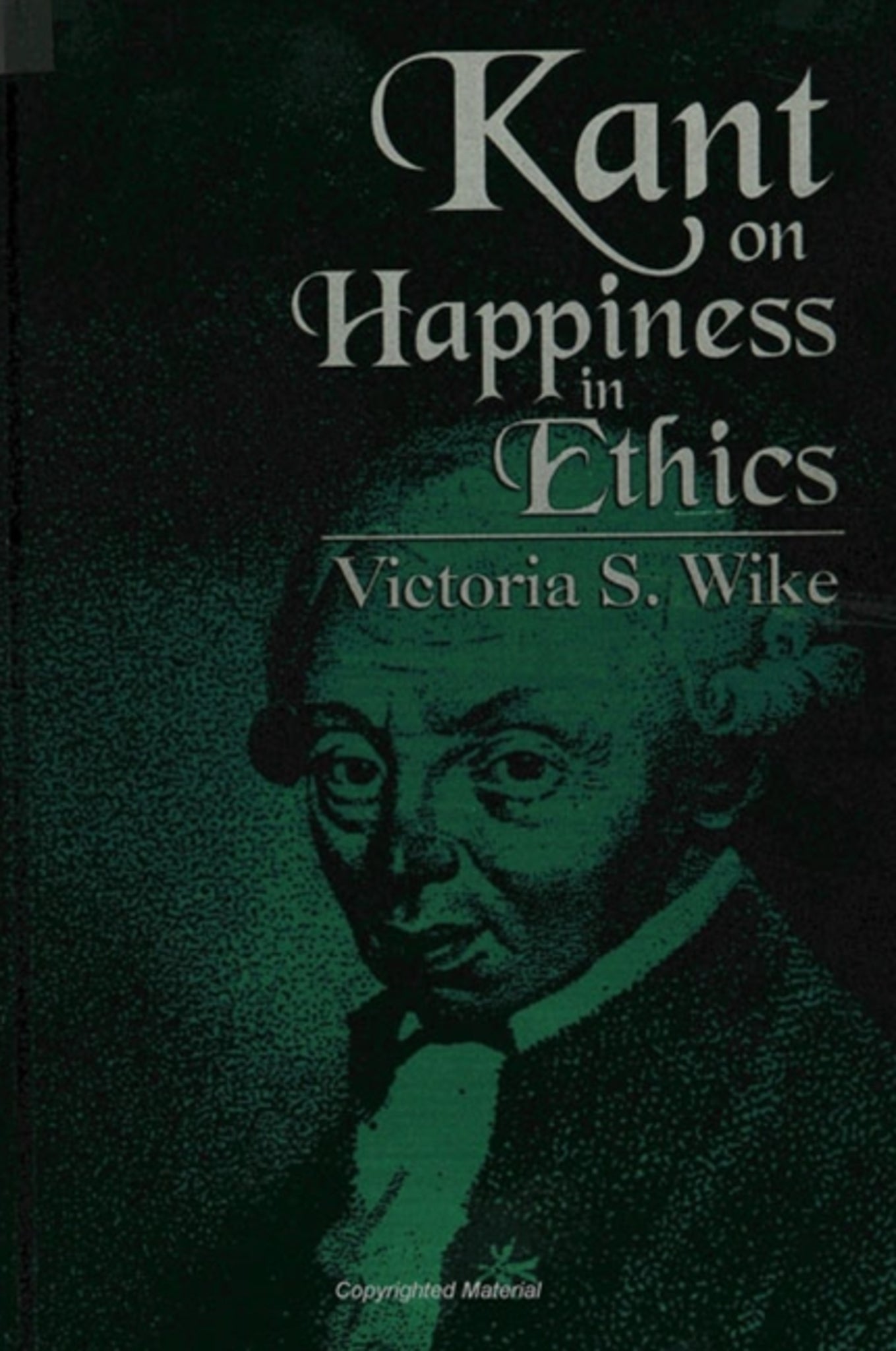We're sorry. An error has occurred
Please cancel or retry.
Kant on Happiness in Ethics

Some error occured while loading the Quick View. Please close the Quick View and try reloading the page.
Couldn't load pickup availability
- Format:
-
01 July 1994

This book provides a comprehensive analysis of Kant's treatment of happiness in ethics. It considers the definition of happiness and the possible roles happiness may serve in ethics. It argues against critics who maintain that Kant's deontological ethic rejects happiness and against critics who assert that Kant's ethic is, in fact, consequential and concerned above all with ends such as happiness. By pointing to a system that organizes Kant's various claims about happiness, the book supports the view that happiness has positive roles to play in Kant's ethic.


"People who work in Kant very often end up sounding like him, which is not good. While detailed and carefully argued, Wike's book is quite readable, written with economy and clarity." — R. Z. Friedman, University of Toronto
Abbreviations
Preface
Acknowledgments
Introduction
1. The Definition of Happiness
2. The Negative Role of Happiness As Principle
3. The Positive Role of Happiness As Natural End
4. The Positive Role of Happiness As Means
5. The Positive Role of Happiness as Part of Moral End (the Highest Good)
6. Problems with the Highest Good and Consequences of the Highest Good for Happiness
Notes
Bibliography
Index



